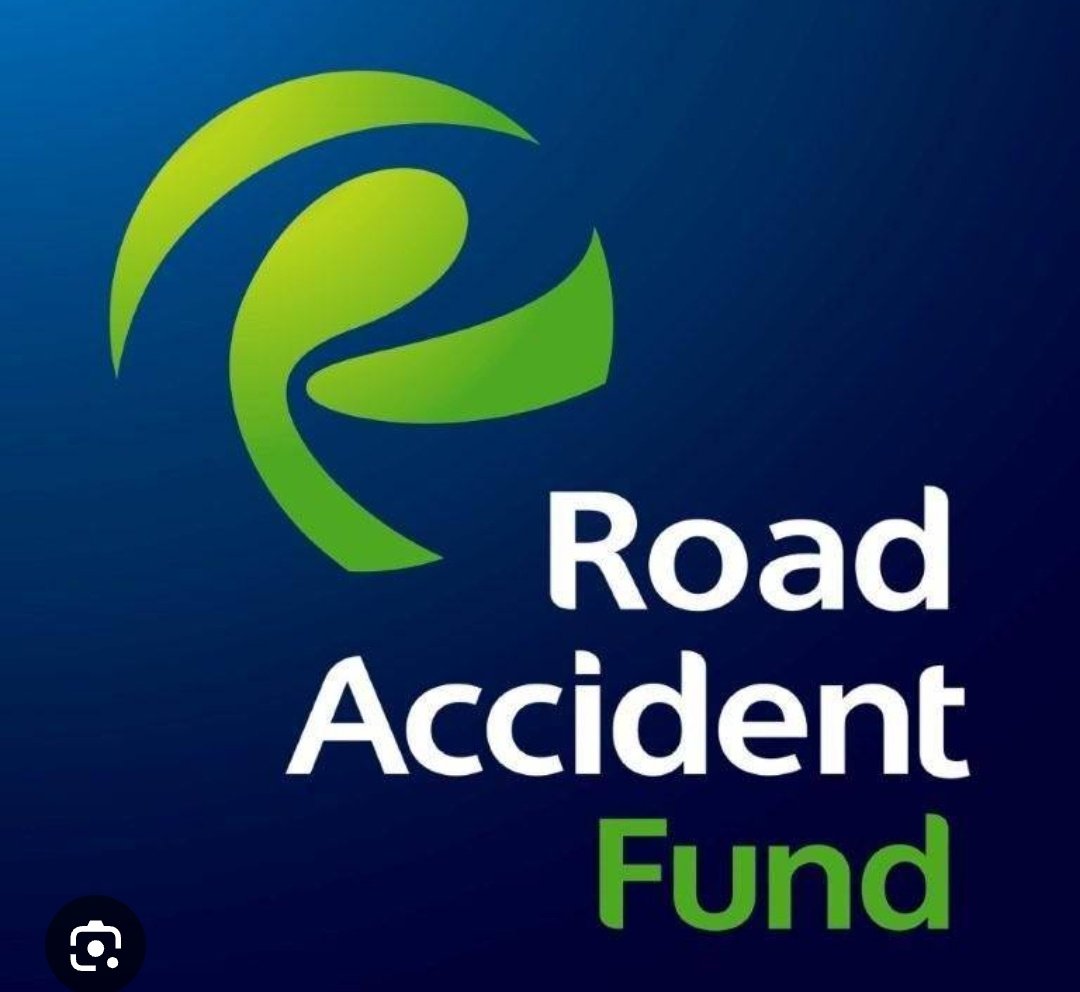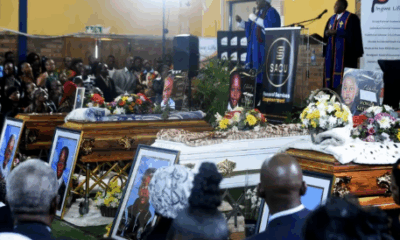For a brief period, it seemed the Road Accident Fund (RAF) was finally living up to its name. A system was in place that put injured victims, not lawyers, at the center of its mission. Then, in a series of abrupt and devastating decisions, that progress was systematically erased, plunging the fund into the deep crisis it faces today.
This is the testimony that emerged before Parliament’s Standing Committee on Public Accounts (Scopa), as a former senior manager laid bare how the RAF’s own leadership engineered its collapse, leaving thousands of road accident victims stranded and creating a climate of fear within the organization.
The Golden Era: When the RAF Went Direct
The story of the RAF’s decline begins with the success it deliberately abandoned. In 2014, the fund launched a “direct claims” strategy. The goal was simple and noble: free the RAF from its dependence on expensive external lawyers, allowing claimants to lodge claims directly. This would slash massive legal fees and, most importantly, make the fund accessible to the poor.
According to Christinah Mthethwa, the fund’s former manager for direct claims, the strategy was a resounding success. The RAF opened walk-in centers in smaller provinces, stationed consultants in hospitals, and deployed qualified nurses as case managers to help victims from their hospital beds.
“It was a model that finally placed victims at the centre,” Mthethwa testified. The numbers proved it: direct claims soared from 22,000 in 2014 to nearly 41,000 by 2019.
The Axe Falls: A System Erased Overnight
Then, in early 2020, without warning or documentation, the entire system was dismantled. In a virtual meeting, regional managers were told to “cease all direct claims operations immediately.”
The dismantling was chillingly thorough. Branding was removed, marketing material destroyed, and hospital consultants were recalled. Most shockingly, the SharePoint database storing a decade of claimant records was deleted. It was, as Mthethwa described, “as if the programme never existed.”
This strategic shift forced the RAF back to a fully attorney-driven systemthe very model its own data showed was devouring its resources, with legal fees consuming up to R4 billion a year.
Chaos, Fear, and the Human Toll
The crisis deepened shortly after when the RAF terminated its entire panel of external attorneys, leaving thousands of active court cases in limbo. Mthethwa, appointed to oversee litigation in Johannesburg after this purge, described arriving to “a chaotic environment.”
Claims handlers were suddenly burdened with up to 1,500 cases each, an impossible workload. When cases inevitably collapsed, Mthethwa said she was pressured to identify staff for suspension.
“These were not misconduct cases, they were capacity failures. Still, people were suspended en masse,” she stated. Over 200 claims officers were targeted between 2020 and 2022, sparking a wave of resignations among experienced staff and creating a culture of “fear, instability and distrust.”
The ultimate cost of this internal sabotage is being paid by the people the RAF was created to serve. With the direct claims and case management units gone, thousands of victims, particularly those too poor to hire lawyers, have been left with nowhere to turn.
“No-one from the RAF now assists claimants with caregivers, medical devices or rehabilitation,” Mthethwa told Scopa. “The personalised care that once existed is gone.”
Her testimony stands not as an act of revenge, but as a stark plea for accountability, revealing how a public institution can be brought to its knees not just by external pressures, but by the decisions made in its own boardrooms.
{Source: TheCitizen}




























